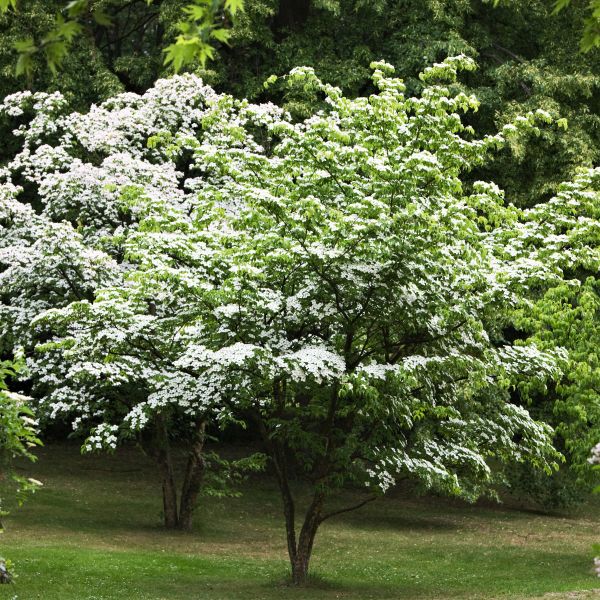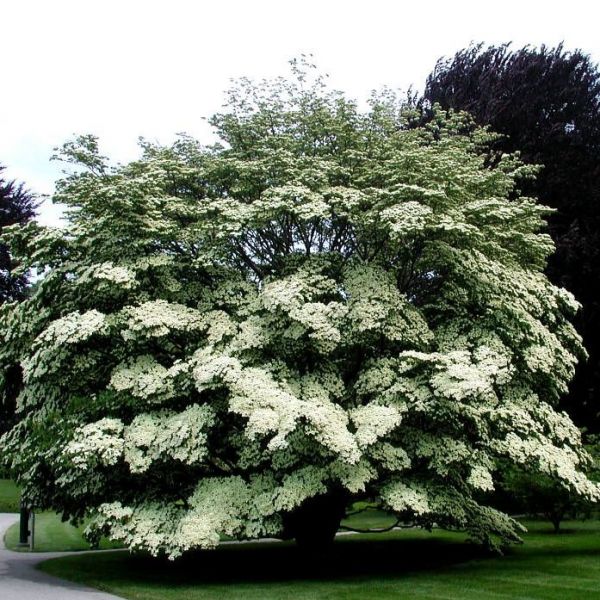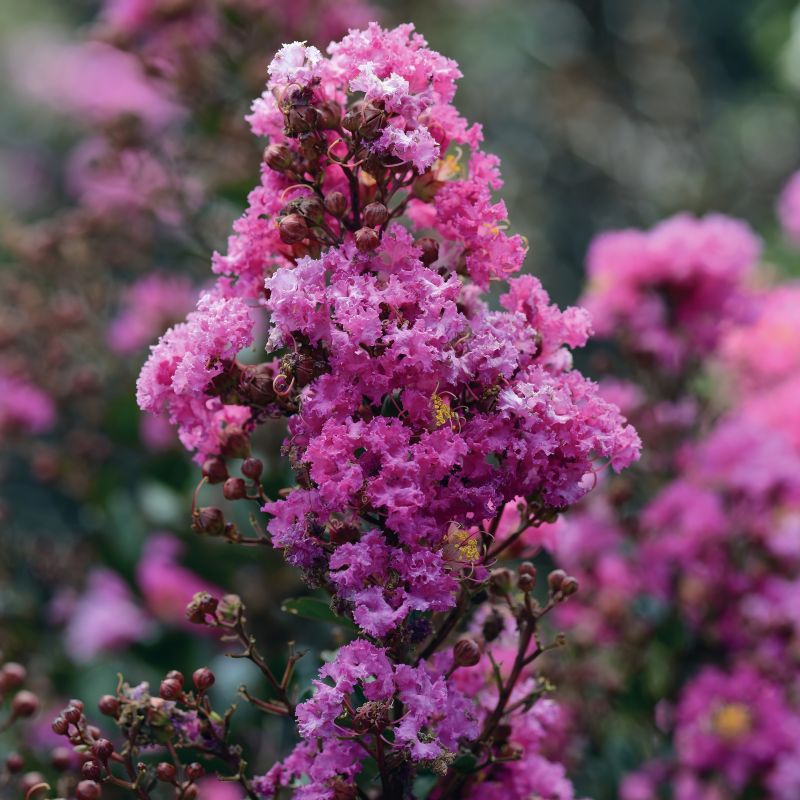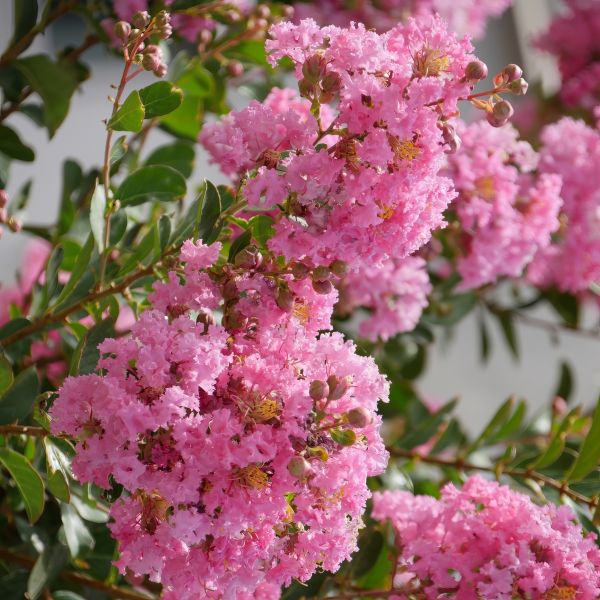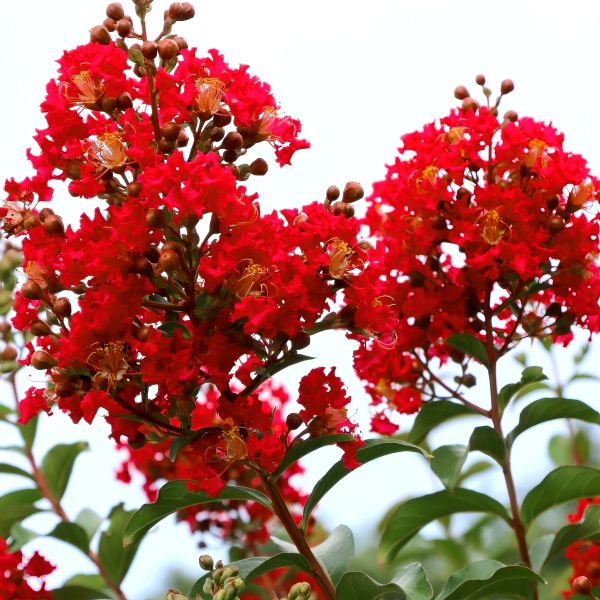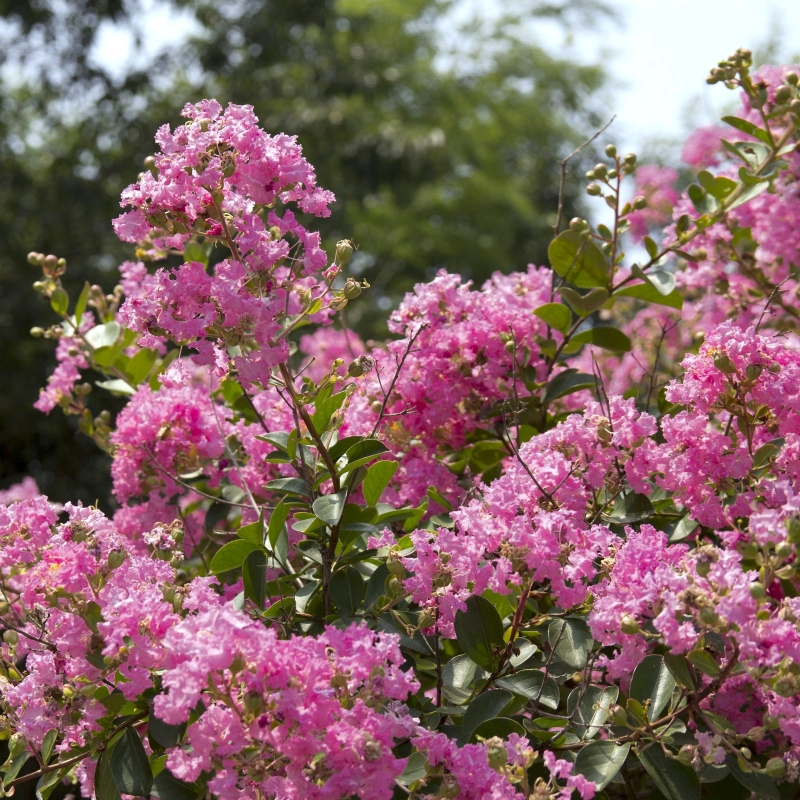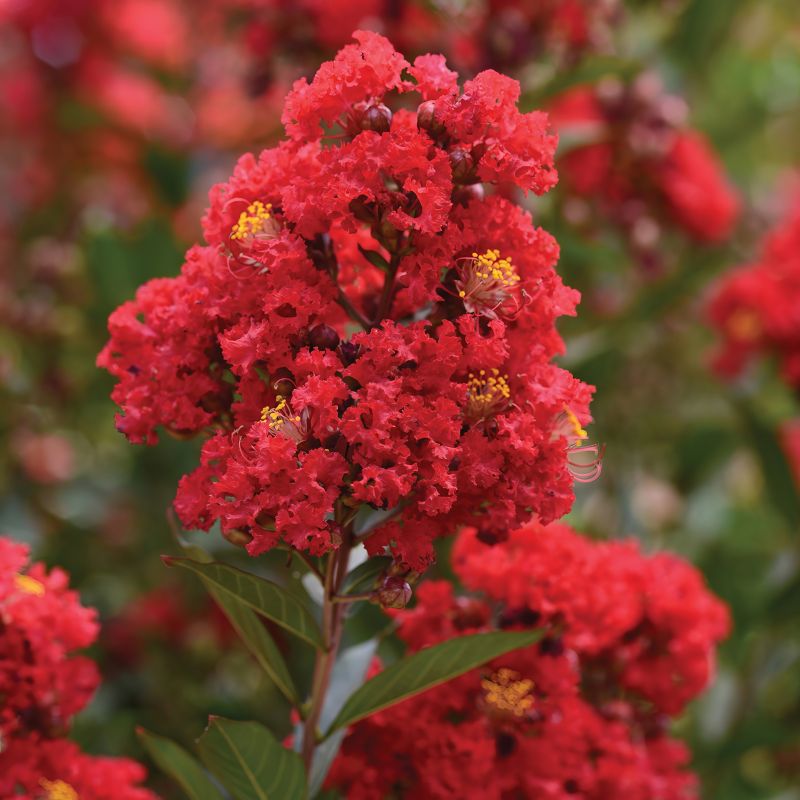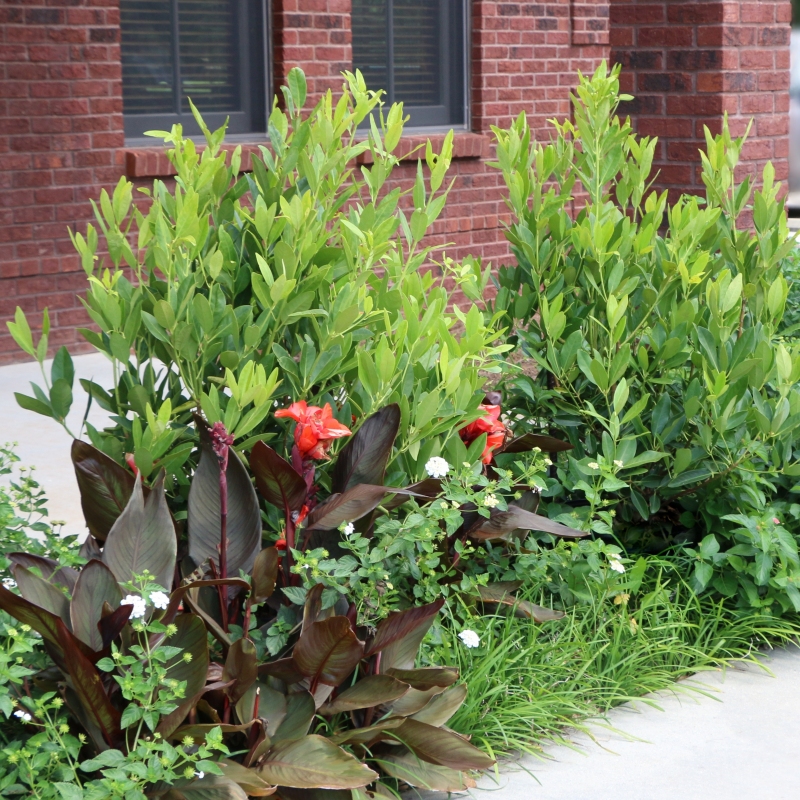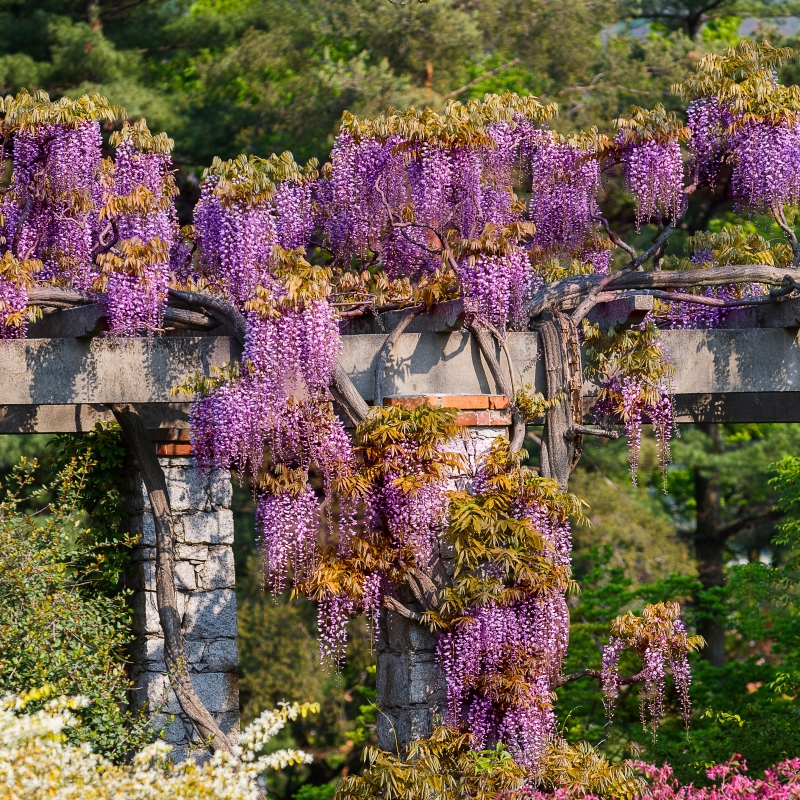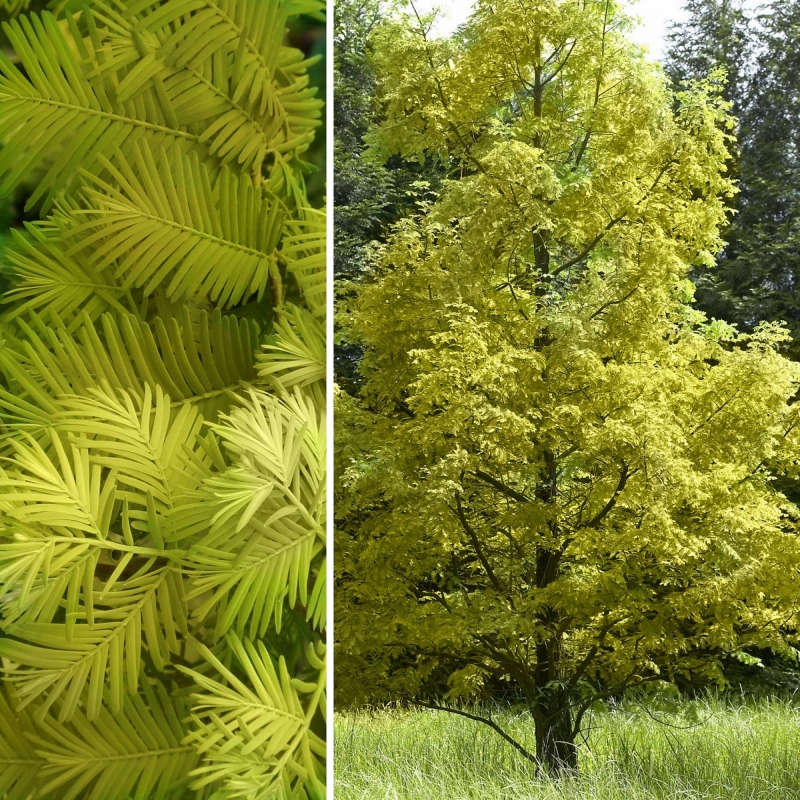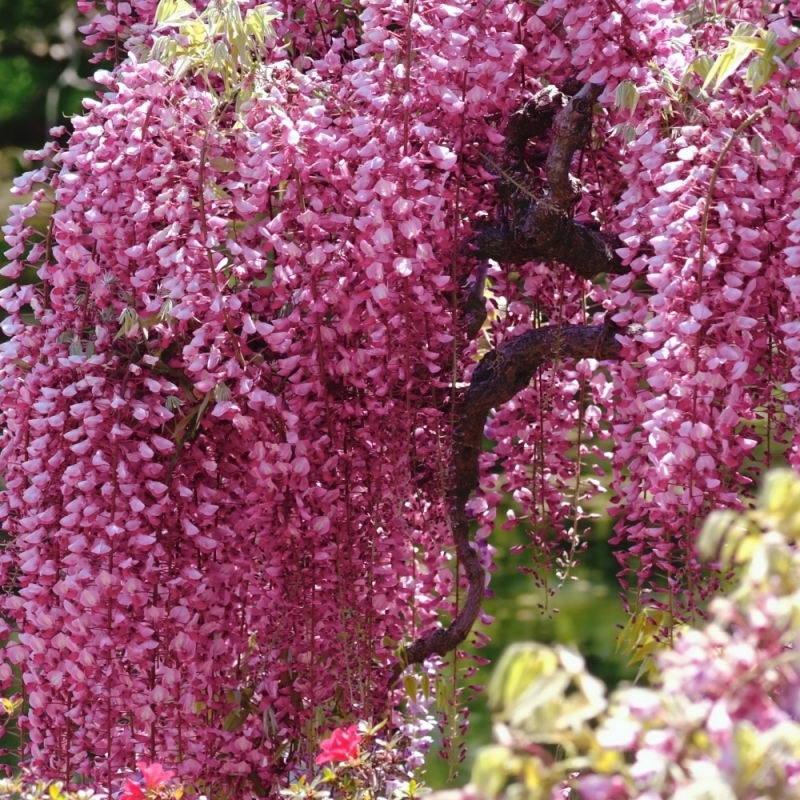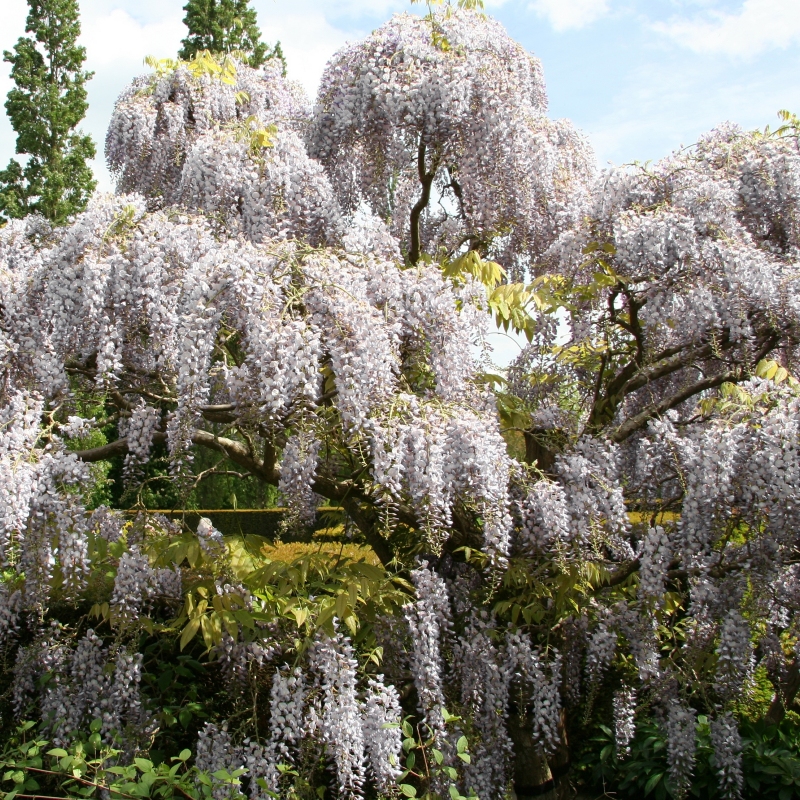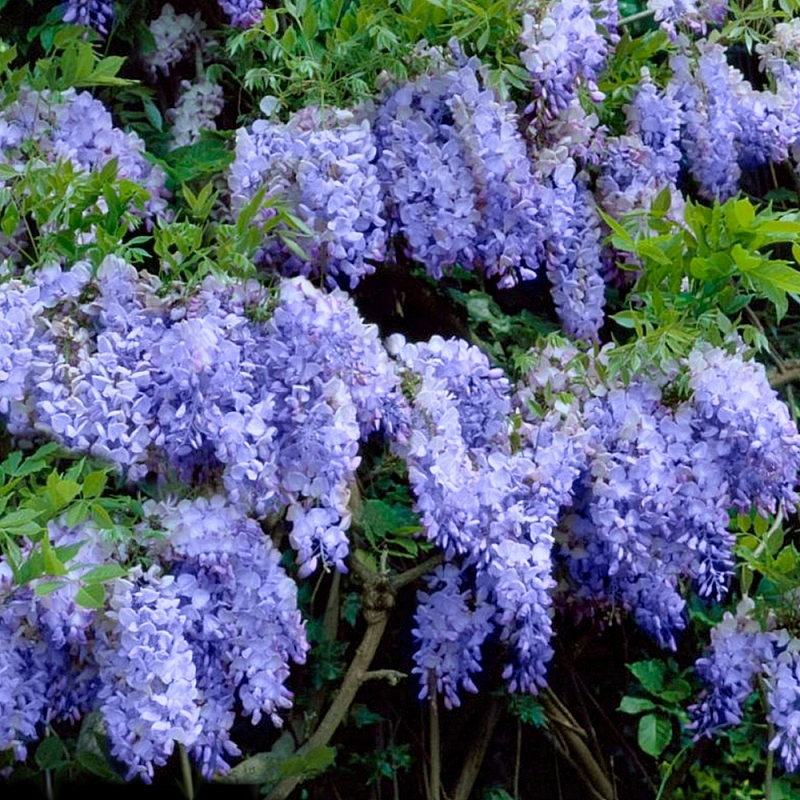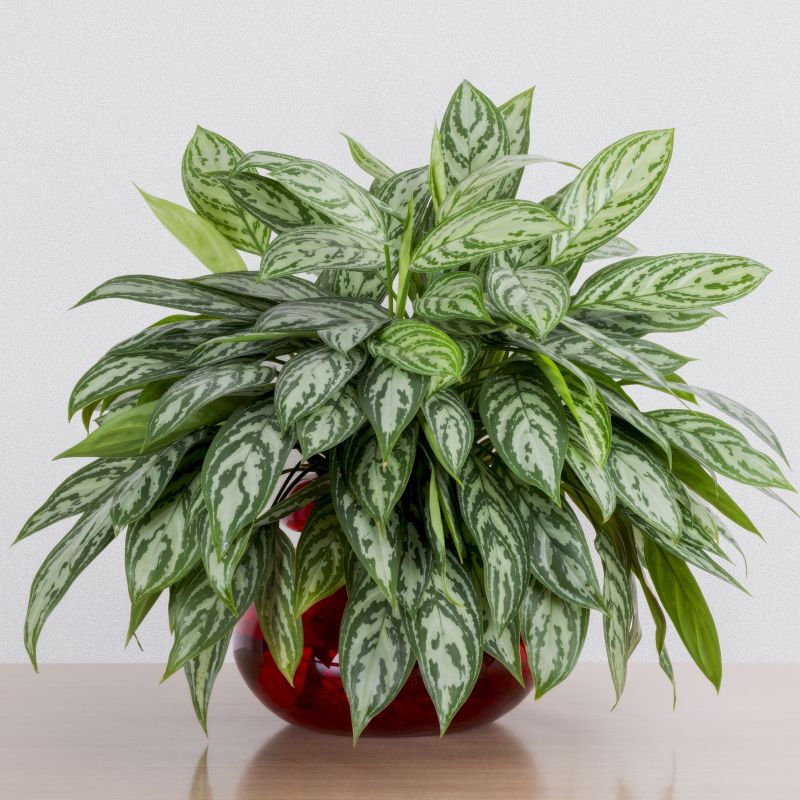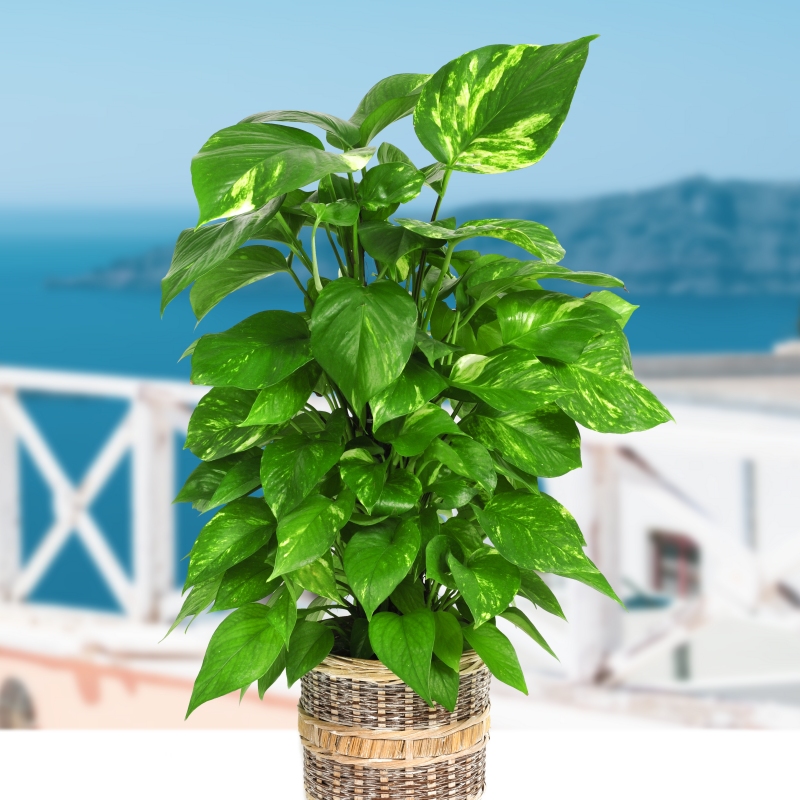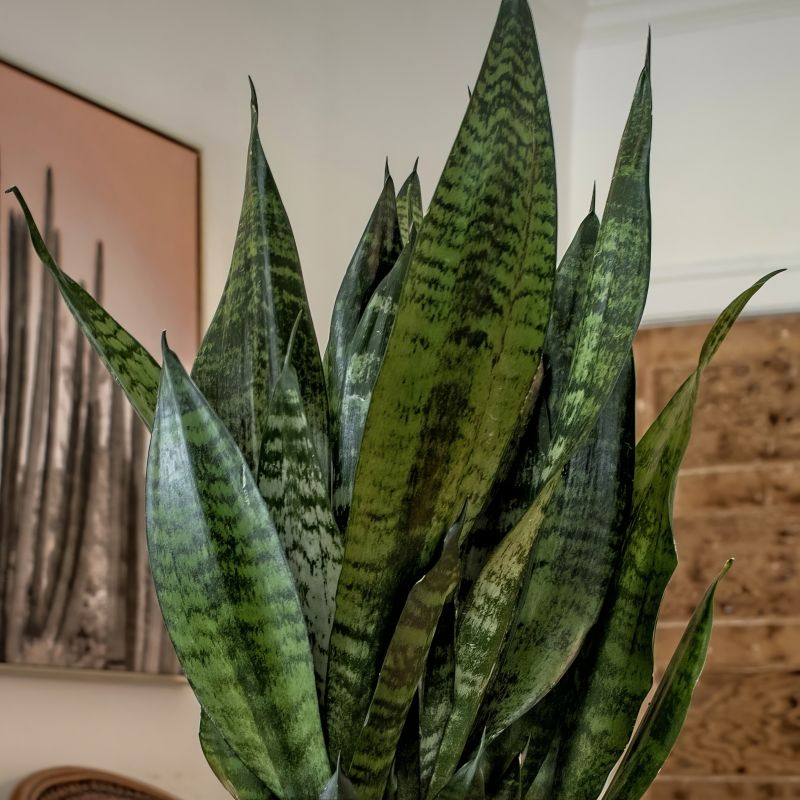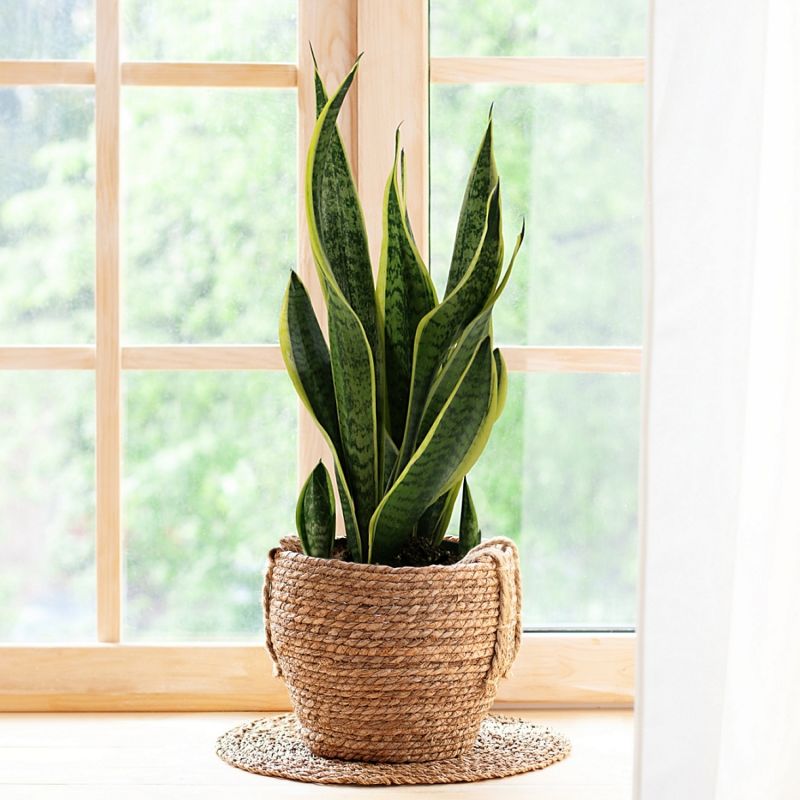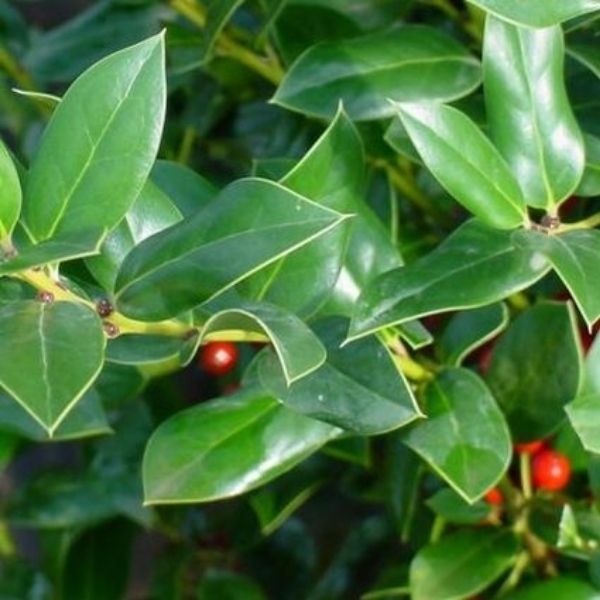

Kousa Dogwood
Cornus kousa
18 reviews


Kousa Dogwood
Cornus kousa
18 reviews
- Beautiful white flowers in spring
- Tolerant of drought and pollution
- Attracts birds with its berry-like fruits
- Ships to in 7-10 Days
- Free Shipping Over $150
- Plant Arrival Guarantee
- In Stock
- Free Plant Consult
$200
$112.00
$160.00
30% Off
- 1.5 Gallon
- 1 Gallon
- 3.5 Gallon 4-5 Feet
We are sorry, product is currently out of stock due to seasonal availability. Please check the "Related plants available in your area" section below
Why Kousa Dogwood?
Kousa Dogwood (Cornus kousa) is a species of flowering plant that is native to China, Korea, and Japan. It is known for its beautiful white or pink flowers that bloom in spring and summer and its unique fruit that resembles a strawberry. This plant is also prized for its attractive bark and foliage. It is commonly used in landscaping and as a specimen tree in gardens and parks. Kousa Dogwood is also a popular choice for bonsai enthusiasts.
Related plants available in your area
Sunlight
Kousa Dogwood requires full sun to partial shade, with at least 4-6 hours of direct sunlight daily.
Watering
Kousa Dogwood requires consistent watering, especially during hot and dry conditions. It prefers moist but well-draining soil, so watering deeply about once a week is recommended. However, it is important to avoid overwatering, as excessive moisture can le
Fertilizing
The fertilizer requirement for Kousa Dogwood is a balanced fertilizer with a ratio of 10-10-10 or similar. Fertilize the tree once a year in early spring for optimal growth and health.
Introducing the Kousa Dogwood: The Tree That Will Transform Your Garden
With beauty, elegance, and functionality, the Kousa Dogwood Tree is a true gem. This gorgeous tree is a native flowering dogwood variety
The Kousa Dogwood, also known as Cornus Kousa and Cornus Florida, is distinguished by its dark green foliage, lovely reddish-purple or white flowers that bloom in late spring or early summer, and red berries that appear in the fall. These berries and flowers are not only gorgeous, but they also draw wildlife and pollinators, making them the best eco-friendly option.
The Dogwood Cornus Kousa is also incredibly hardy and disease-resistant, making it a low-maintenance option for those who want a beautiful tree without the hassle of constant upkeep. It's also a great choice for small gardens, as it grows to a maximum height of 20-30 feet.
But, like many native dogwoods, the benefits of the Kousa Dogwood far exceed its beauty. This tree is also incredibly functional, providing shade and shelter for birds and other wildlife. Its deep root system also helps to prevent soil erosion, making it a great choice for areas prone to heavy rainfall or flooding.
Growing this Chinese Dogwood is easy, as it thrives in well-drained soil and full or partial sun. It's also drought-tolerant, making it a great choice for gardens in hot and dry climates. And if you're worried about pests or diseases, you'll be happy to know that the Kousa Dogwood is incredibly resistant to both.
So why wait? Order your Kousa Dogwood today and enjoy all the benefits that this stunning tree has to offer. From its beautiful blossoms to its functional features, the Kousa Dogwood is a tree that truly has it all.
Plant Information:
| Botanical Name: | Cornus kousa |
| USDA Zones: | 5-8 |
| Water: | Moderate |
| Exposure: | Full Sun |
| Soil Needs: | Widely Adaptable |
| Mature Height: | 20 - 30 feet |
| Mature Spread: | 20 - 30 feet |
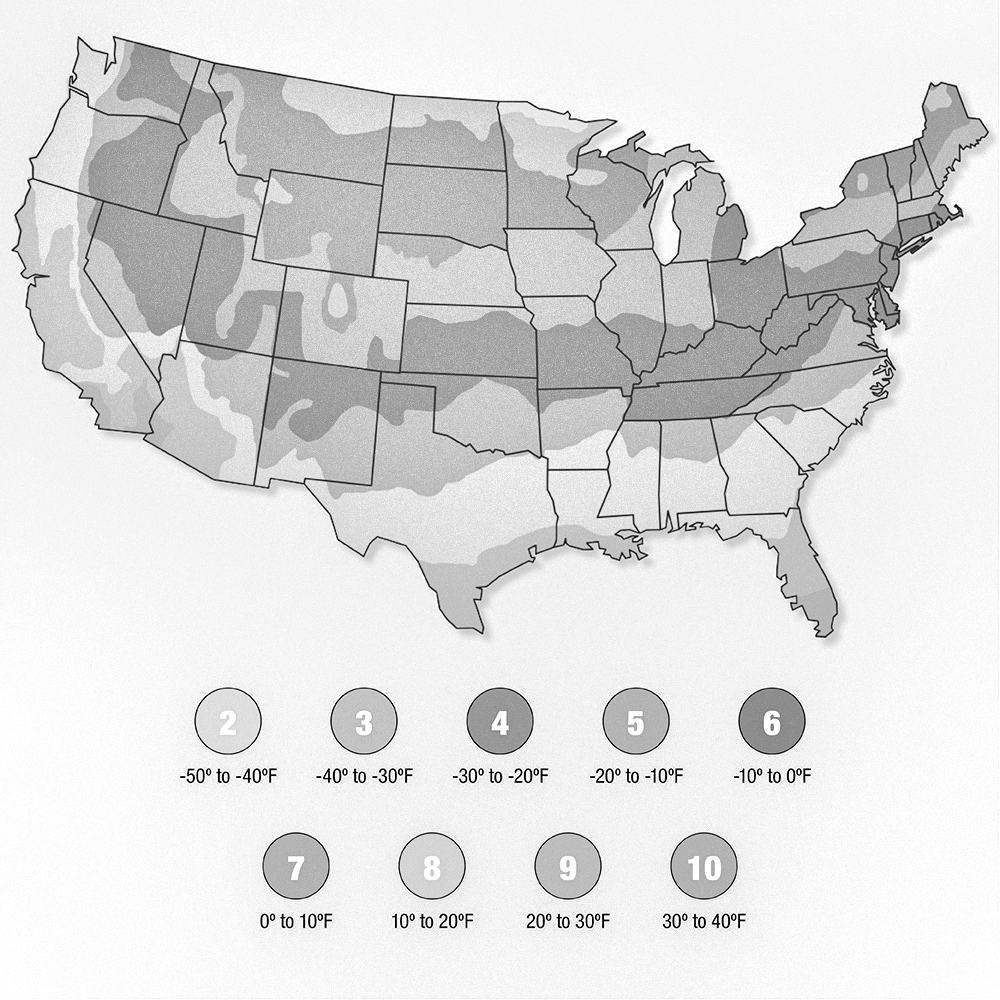
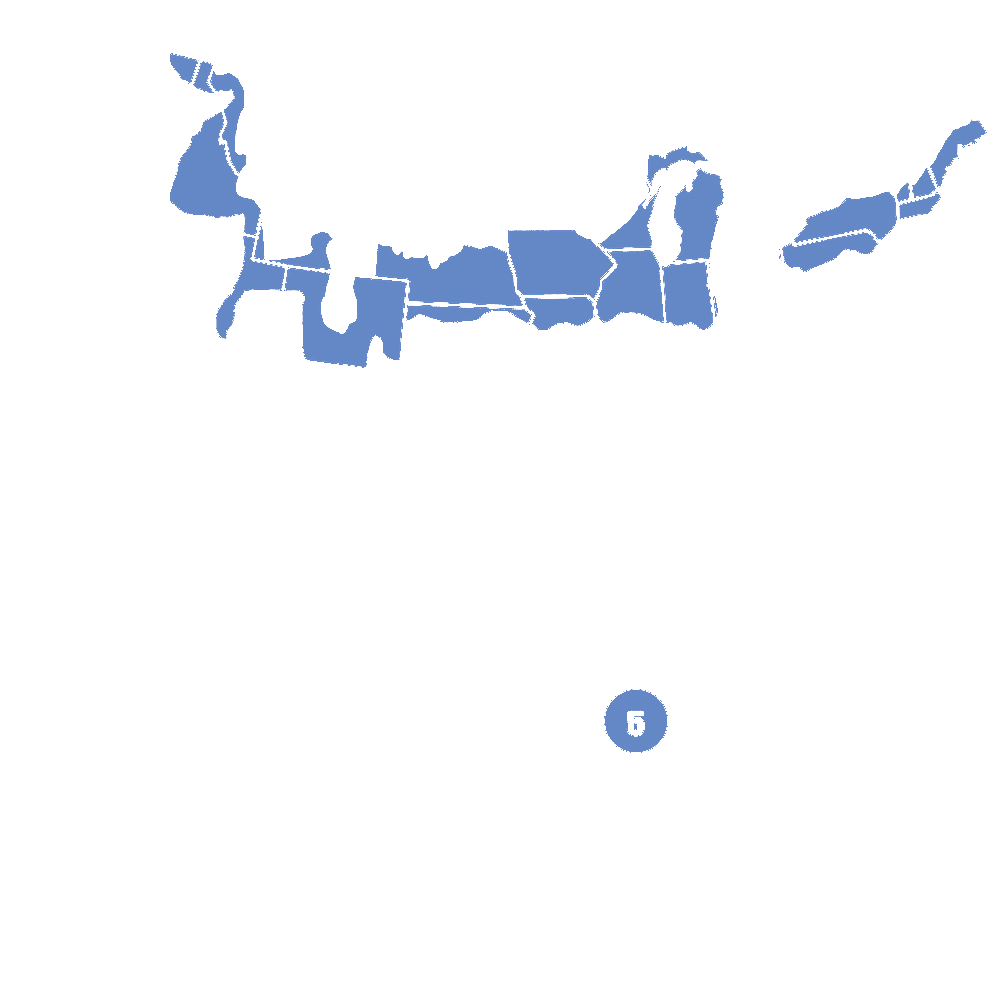
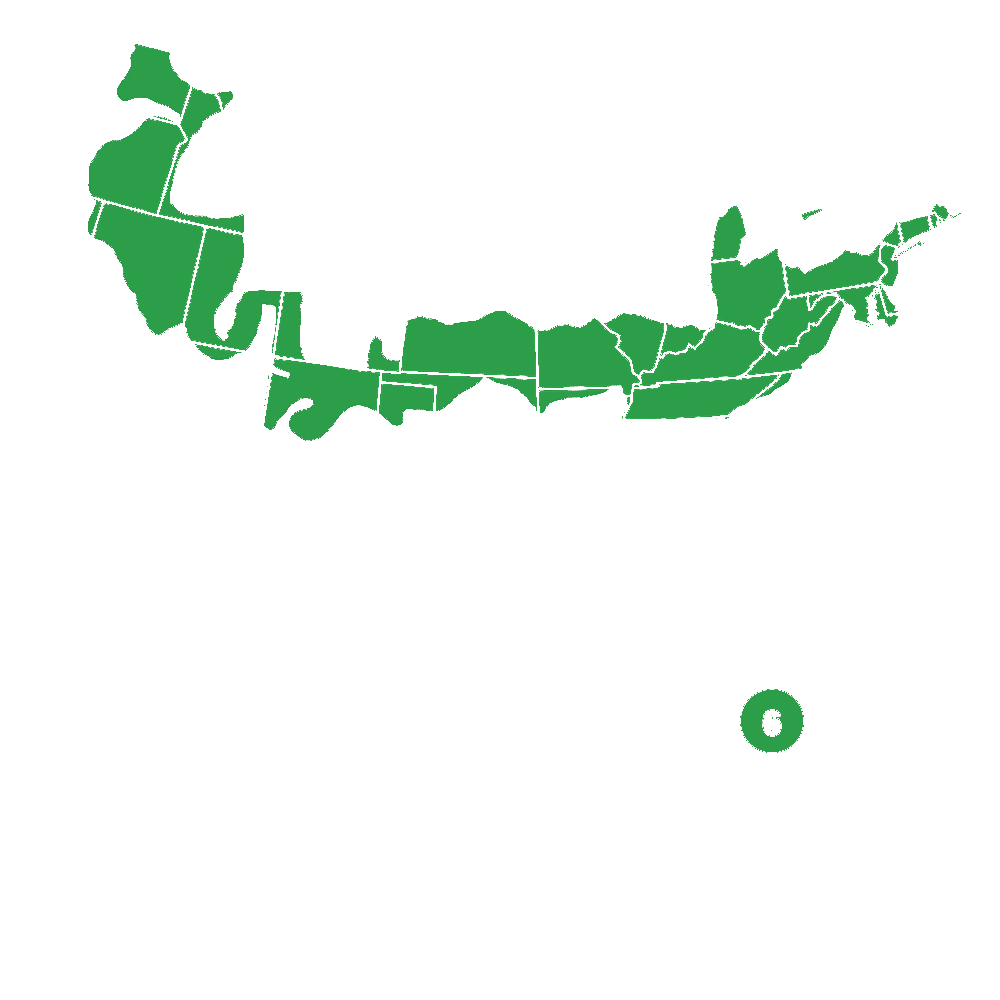
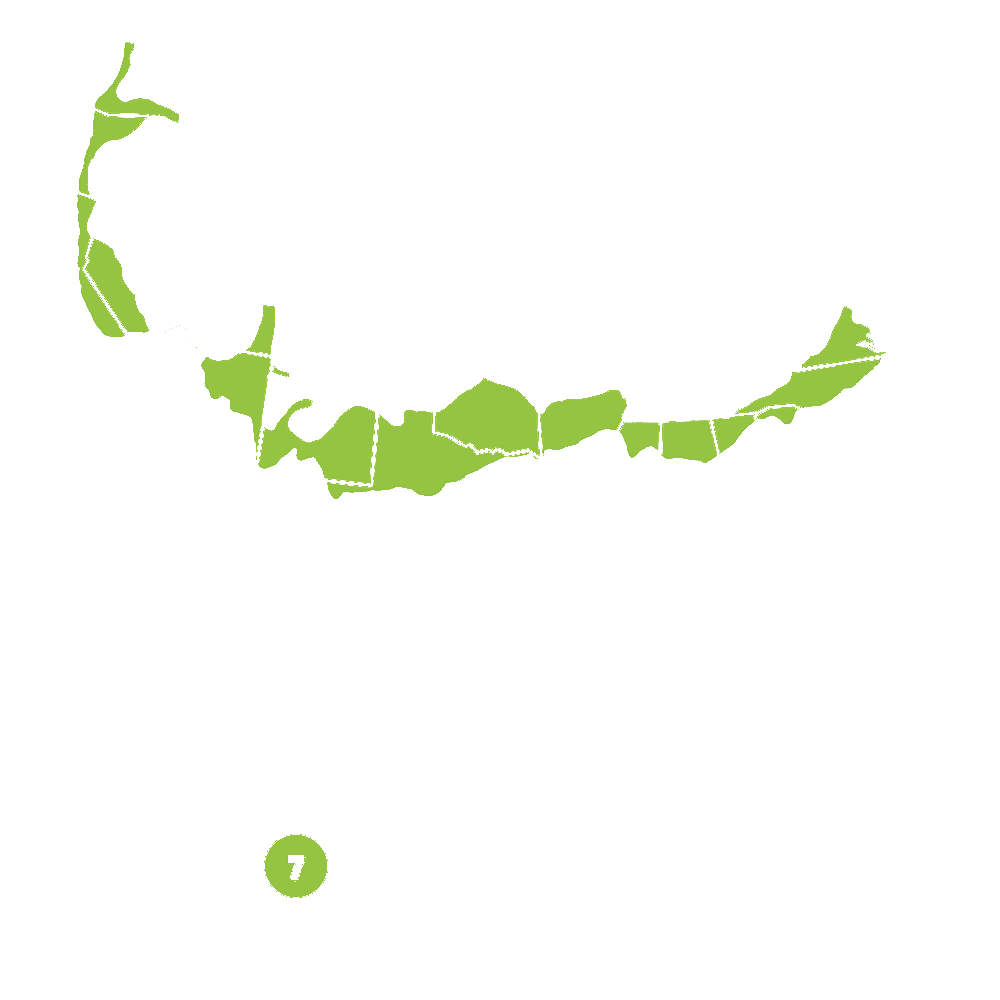
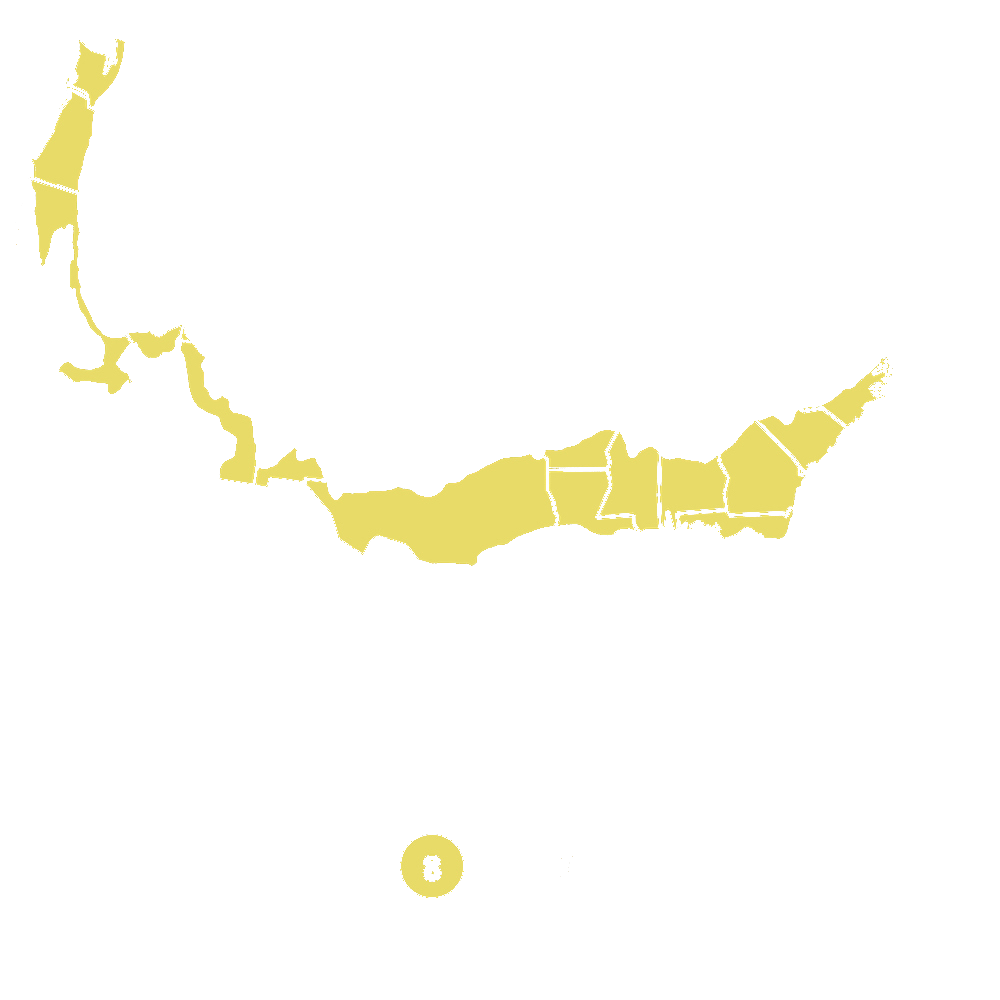
Pollination Info
Kousa dogwood (Cornus kousa) is a deciduous tree grown for its beautiful flowers, berries, and fall foliage. The tree is native to Japan, China, and Korea and is widely planted in North America. Pollination is necessary for the tree to produce fruits.
Pollination Method
Kousa dogwood is pollinated by a variety of insects, including bees, wasps, and butterflies. The flowers have both male and female reproductive parts, and the pollen is transferred from the male parts to the female parts. The flowers are also self-fertile, meaning they can pollinate themselves if there are no other trees nearby.
Time of Pollination
Kousa dogwood flowers in late spring or early summer, typically in May or June. The flowers last for several weeks, providing ample time for pollination to occur. The fruits mature in late summer, usually in August or September.
Factors Affecting Pollination
The two main factors affecting pollination of kousa dogwood are temperature and humidity. Bees and other insects are more active in warm, dry weather, so pollination is more likely to occur during these conditions. High humidity can reduce pollination success by making the pollen sticky and reducing the ability of the insects to move between flowers.
Pollination Tips
- Plant multiple kousa dogwood trees to increase the chance of pollination.
- Ensure that the trees are planted in a location with good drainage, as too much moisture can affect pollination.
- Apply a balanced fertilizer in the spring to promote healthy growth and flower production.
- Encourage the presence of pollinators by planting other flowers or providing nesting sites for bees.
Conclusion
Pollination is essential for the kousa dogwood tree to produce fruits. The tree is pollinated by a variety of insects, including bees, wasps, and butterflies. Temperature and humidity affect pollination success, and planting multiple trees and providing a suitable environment for pollinators can increase the chance of successful pollination.
FAQ
Kousa Dogwood (Cornus kousa) is a species of flowering tree native to East Asia. What are the physical characteristics of Kousa Dogwood?
Kousa Dogwood reaches a height of up to 30 feet. It has a spreading crown and commonly grows as a multi-stemmed small tree or large shrub. The leaves are dark green and ovate. The flowers are white or pink and star-shaped, blooming in late spring. The fruit is a red, berry-like drupe that is edible. How is Kousa Dogwood different from other Dogwood trees?
Kousa Dogwood has a different growth habit, blooming time, and fruit than the more common flowering dogwood (Cornus florida) found in North America. Additionally, Kousa Dogwood is more resistant to diseases such as Dogwood Anthracnose. Where should Kousa Dogwood be planted?
Kousa Dogwood prefers full sun to partial shade with well-drained soil. It can tolerate a range of soils, including clay, loam, and sand. It is also tolerant of drought and pollution, making it a good choice for urban environments. How is Kousa Dogwood maintained?
Kousa Dogwood requires little maintenance once established. Water regularly during the first growing season and during dry periods. Prune in late winter or early spring to remove dead or diseased wood and to shape the tree. Fertilize in early spring with slow-release, balanced fertilizer. Is Kousa Dogwood edible?
Yes, the fruit of Kousa Dogwood is edible and can be eaten raw or cooked. It has a sweet, juicy flavor and is often used in jams and jellies. How does Kousa Dogwood benefit wildlife?
Kousa Dogwood provides food and habitat for a variety of wildlife. The fruit is eaten by birds and small mammals, and the tree provides nesting and cover for wildlife. Additionally, the flowers attract pollinators such as bees and butterflies.
Planting & Care
Planting Kousa Dogwood
To plant Kousa Dogwood:
- Choose a location with well-draining soil, preferably slightly acidic.
- Select a spot that receives partial shade throughout the day.
- Dig a hole that's twice as wide and as deep as the root ball of the tree.
- Place the tree in the hole and backfill with soil, tamping it down gently.
- Water the tree thoroughly after planting.
Caring for Kousa Dogwood
To care for Kousa Dogwood:
- Water the tree regularly, especially during the first year after planting.
- Apply a layer of mulch around the base of the tree to retain moisture and keep weeds at bay.
- Fertilize the tree in the spring with a slow-release fertilizer formulated for trees and shrubs.
- Prune the tree in the winter or early spring to shape it and remove any dead or diseased branches.
- Watch for signs of pests or diseases, such as leaf spot, powdery mildew or borers, and treat as needed.
Check Out These Verified Customer Reviews:
Customer Reviews
4.7 out of 5 based on 18 reviews
Thank you! Your review has been submitted.
Thriving in my garden already.
Beautiful blooms, healthy tree.
Impressed with customer service.
Item has been added to your cart.



